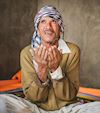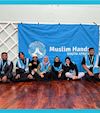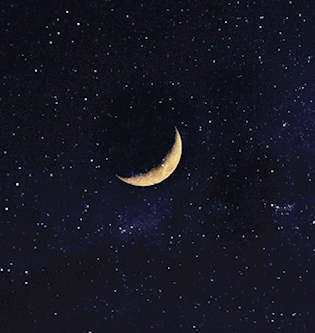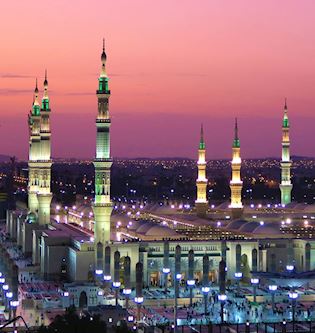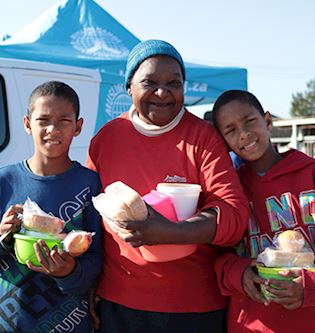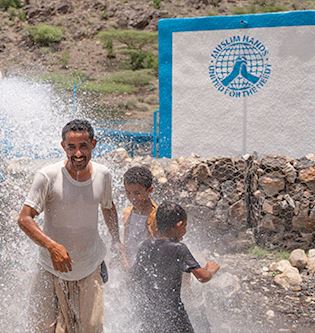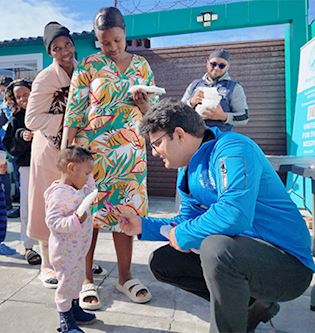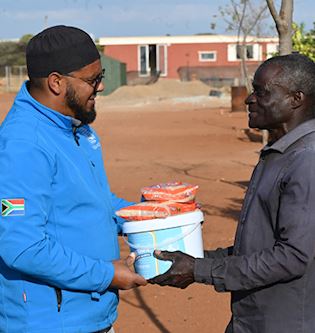Lessons we can learn from the Conquest of Makkah (Fath Makkah)

This was a pivotal victory that would change the course of history not just for the Arabian Peninsula, but the world as well. There are so many benefits we can take from this beautiful story. In this blog, we will explore some remarkable lessons from this magnificent victory.
1. When did the Conquest of Makkah take place?
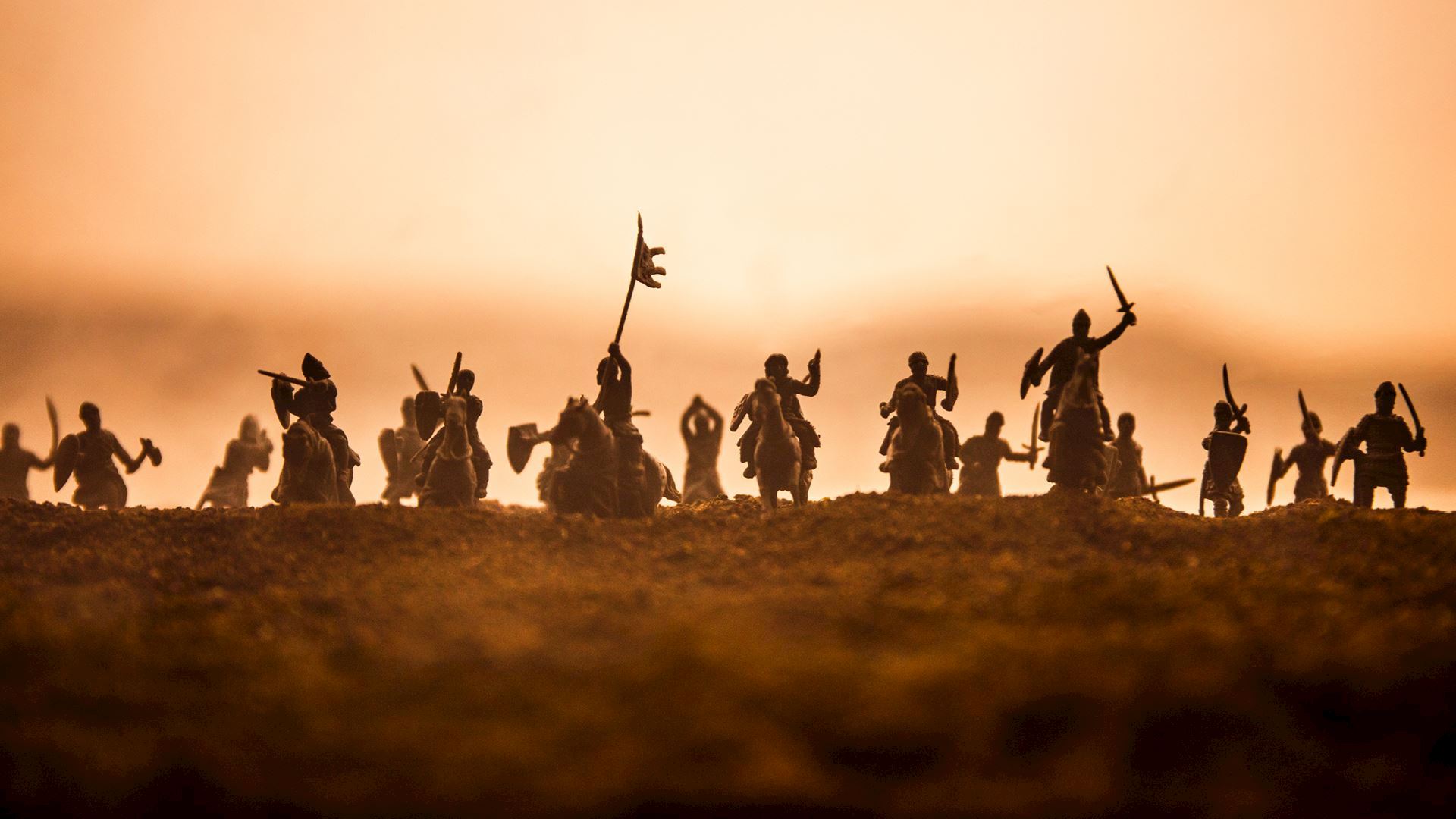
Makkah was conquered without any bloodshed by an army of 10,000 believers led by the Prophet Muhammad (saw) on the 20th of Ramadan in the year 8 AH (after Hijrah). It is not insignificant that Allah chose this blessed month to mark such an important event as the Conquest of Makkah. Like the Battle of Badr, which took place on 17th Ramadan, this was a key turning point in Islamic history. As such, this important month was divinely selected for these events.
Ramadan is often known as a month of victories because of the numerous conquests that have taken place within it. These include the liberation of Jerusalem from the Crusaders by Salahuddin Ayyubi (rh) and the Mamluks’ victory over the Mongols in ’Ain Jalut, which took place in the blessed land of Palestine. Like the conquest of Makkah, they have all become symbols of hope, inspiring generations of Muslims.
2. Why did the Conquest of Makkah take place?
After experiencing horrific persecution in Makkah, the early Muslims made Hijrah (migrated) to Madinah where they were aided by the Ansar (supporters). Over the next few years, a series of battles took place between the Muslims and the Quraysh of Makkah. This conflict came to a brief pause in the year 6 AH, after the Prophet (saw) signed a historic peace treaty with them, after being refused entry into Makkah to perform ’Umrah. This became known as the Treaty of Hudaybiyah and was agreed to last for 10 years. The Muslims set out to use this time to spread Islam to other tribes.
One of the terms of the treaty was that any tribe outside of Makkah or Madinah was allowed to choose to ally themselves with the believers or with the Quraysh. However, if any of these tribes had altercations, neither the believers nor the Quryash could support their allies against the other’s allies. Banu Khuza’ah aligned themselves with the Muslims and accepted Islam, whilst Banu Bakr chose to side with the Quraysh. Within just two years, the Quraysh not only violated the treaty by secretly supporting Banu Bakr to fight Banu Khuza’ah, but they also participated in killing 20 Muslims amongst them, including a person who fled and sought refuge in the sacred area around the Ka‘bah. The sanctity of the House of Allah had been violated, and the treaty broken.
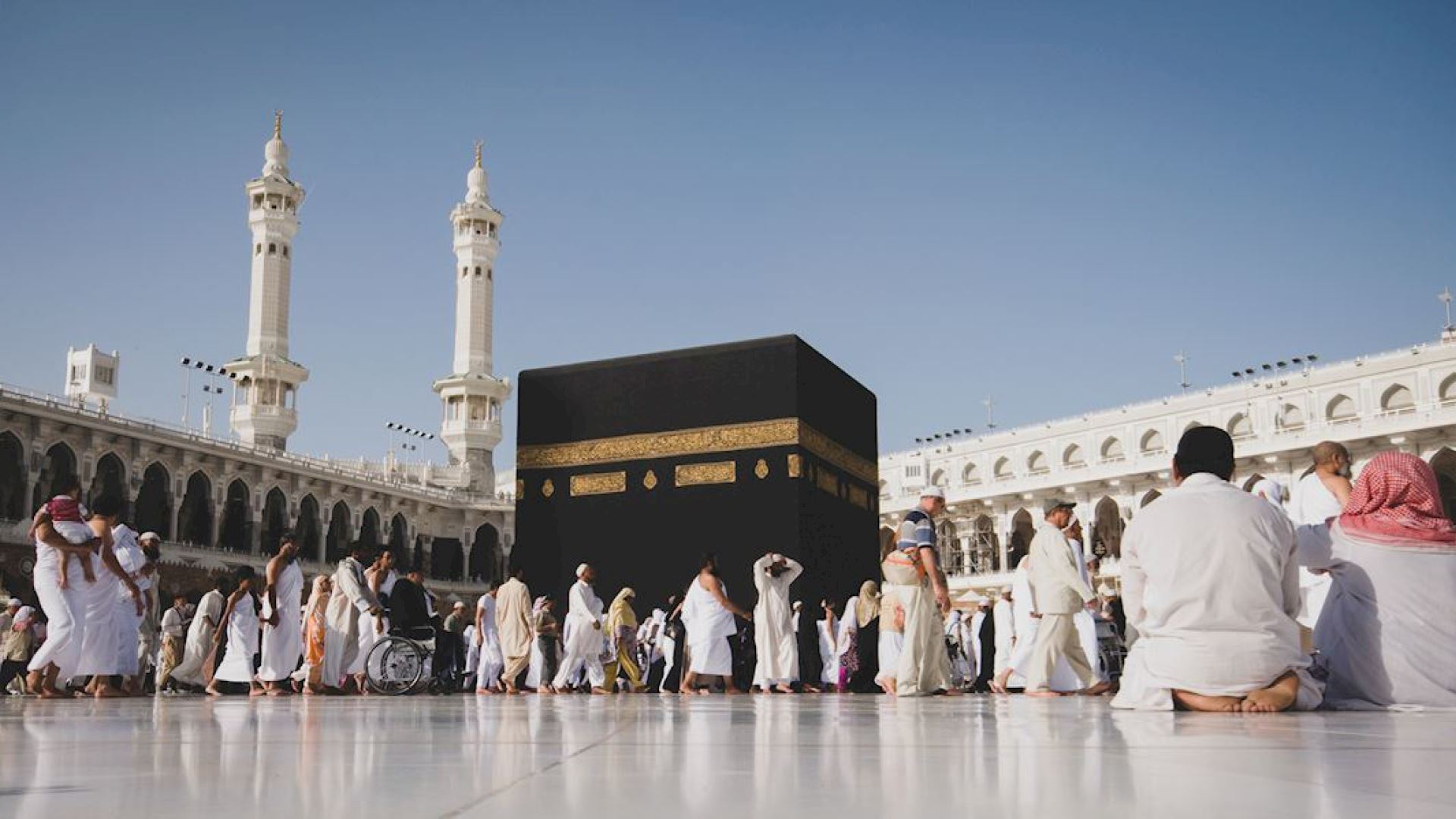
When the news of this reached the Prophet (saw), he demanded the Quraysh to pay the blood money for Banu Khuza’ah and terminate their alliance with Banu Bakr, otherwise the treaty would become null and void. They refused these terms but still sent Abu Sufyan to Madinah to negotiate, but he was turned away. Aishah (ra) narrated that she had never seen the Prophet (saw) angrier than when he heard the news of the atrocities that had taken place in front of the Ka’bah.
The Prophet (saw) retaliated by preparing for war to conquer Makkah. He instructed the Sahabah (ra) to keep the plans a secret to take the Makkans by surprise, which would prevent further bloodshed. The Muslim army set out on 10th Ramadan in the year 8 AH and were joined by many other tribes new to Islam. Their numbers reached 10,000 by the time they reached Makkah.
3. The Conquest of Makkah began the spread of Islam
When the Prophet (saw) marched into Makkah, he repeatedly recited this verse from Surah al-Isra:
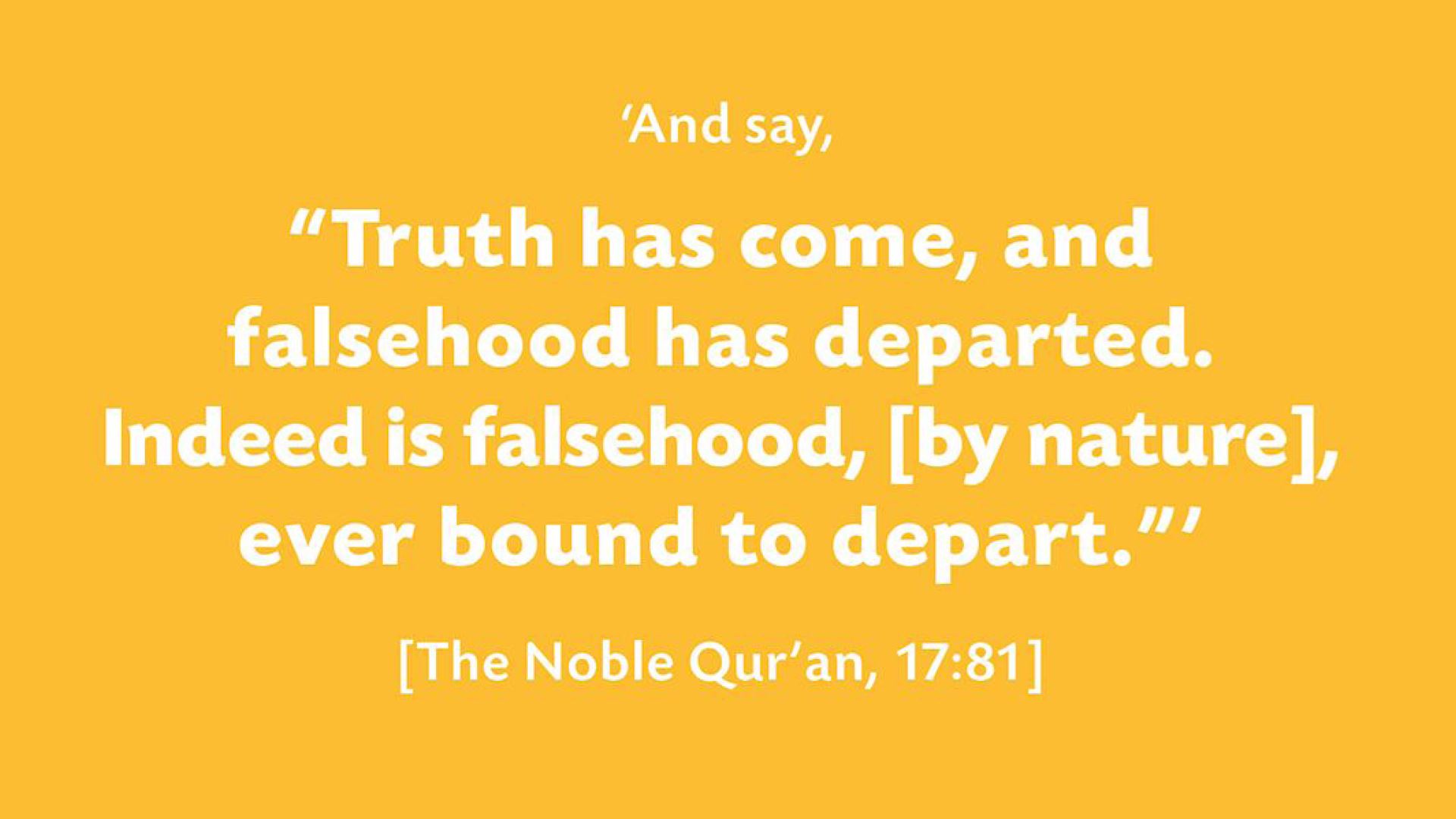
The believers joined him in removing all of the idols from the Ka’bah and destroying them, marking an end to Shirk (polytheism) in the Sacred Masjid and the return of Tawheed (Islamic monotheism) to the very place Ibrahim and Ismail (as) built many years before.
The Conquest of Makkah marked the beginning of a new era and showed the believers that Allah would support and aid Islam.
4. What pre-Islamic practices did the Prophet (saw) abolish?
After celebrating the victory by praying to Allah inside the Ka’bah, the Prophet (saw) then addressed the people of Makkah. He began by praising Allah:
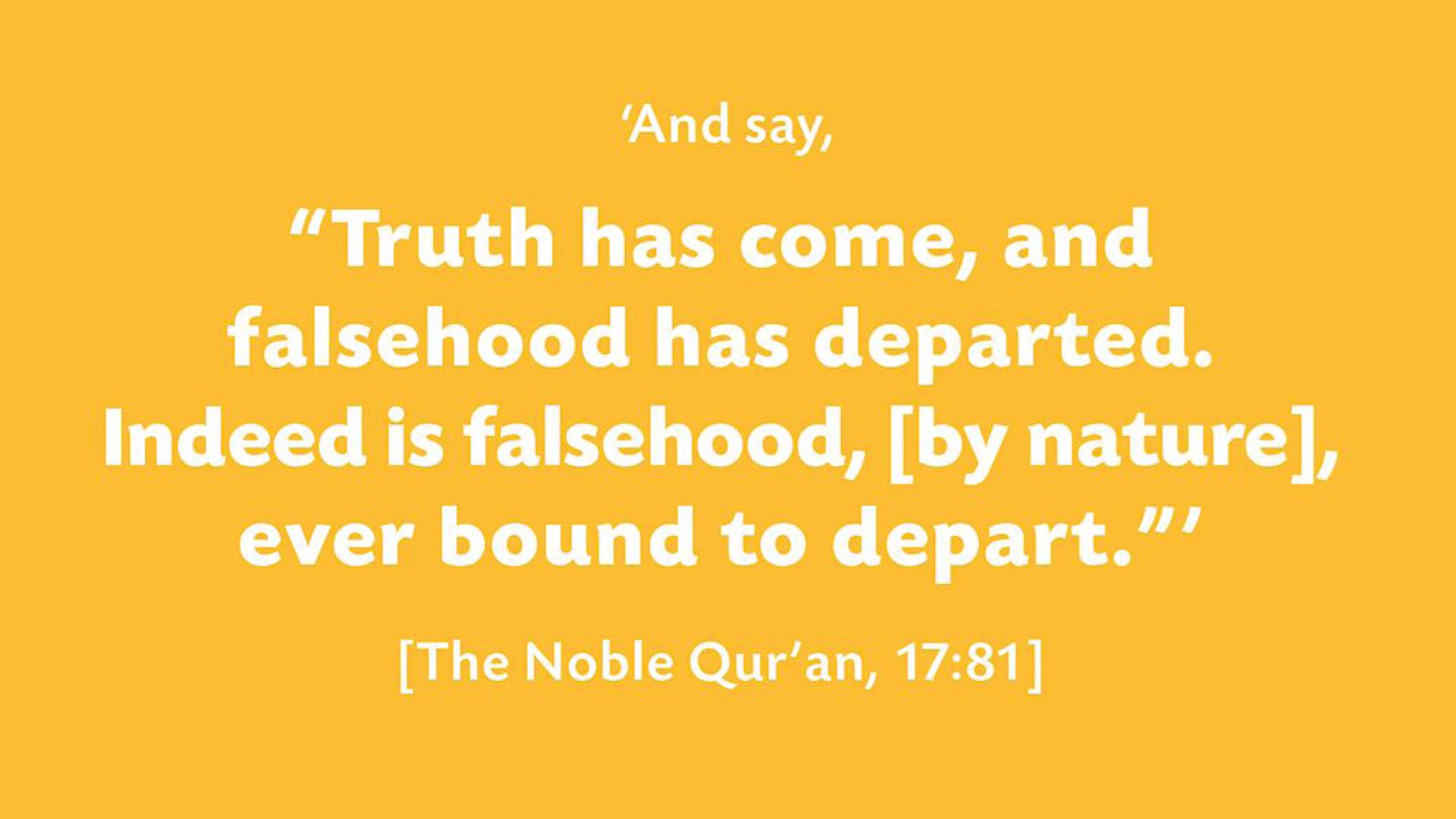
He also declared an end to the tribalism and racism that had been rampant before Islam:
‘O people, Allah has removed the slogans of ignorance from you and the exaltation of its forefathers. The people are only two kinds: either a righteous, Godfearing believer dignified to Allah, or a wicked, miserable sinner insignificant to Allah. The people are all the children of Adam and Adam was created from dust.’ [Tirmidhi]
We are all people made from the earth, no matter what our colour is, what language we speak, or what land we are from. The only thing that is of importance is our righteousness.
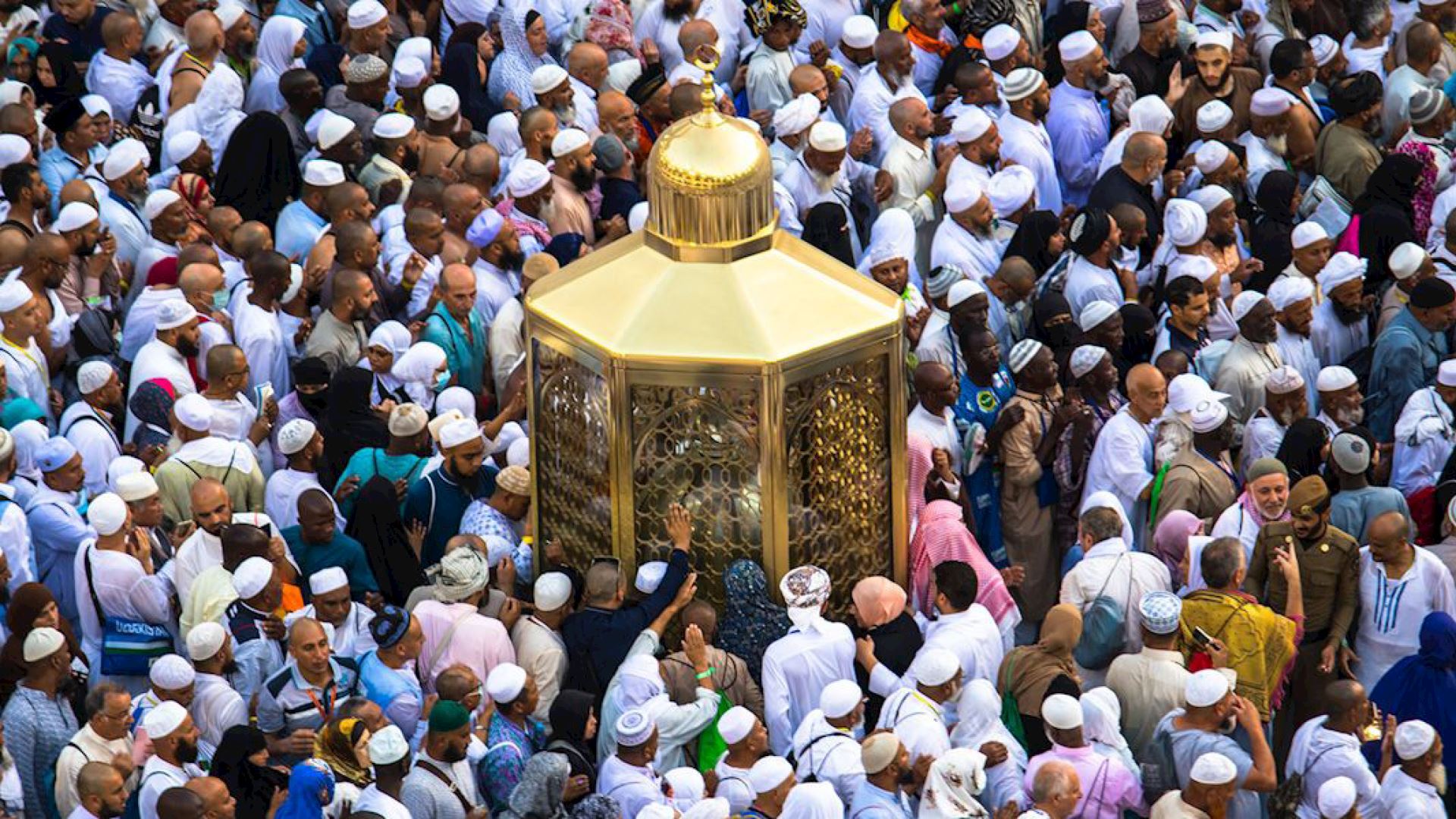
The Prophet (saw) then recited to people the verse from Surah Hujurat:
‘O humanity! Indeed, We created you from a male and a female, and made you into peoples and tribes so that you may [get to] know one another. Surely the most noble of you in the sight of Allah is the most righteous among you. Allah is truly All-Knowing, All-Aware.’ [The Noble Qur’an, 49:13]
The Prophet (saw) even commanded Bilal (ra), a companion of Abyssinian descent, to climb the Ka’bah and give the call to prayer. This was a huge moment in history, and a demonstration of Islam’s commitment to ending racism.
5. What did the Prophet (saw) do to the Quraysh after the Conquest of Makkah?
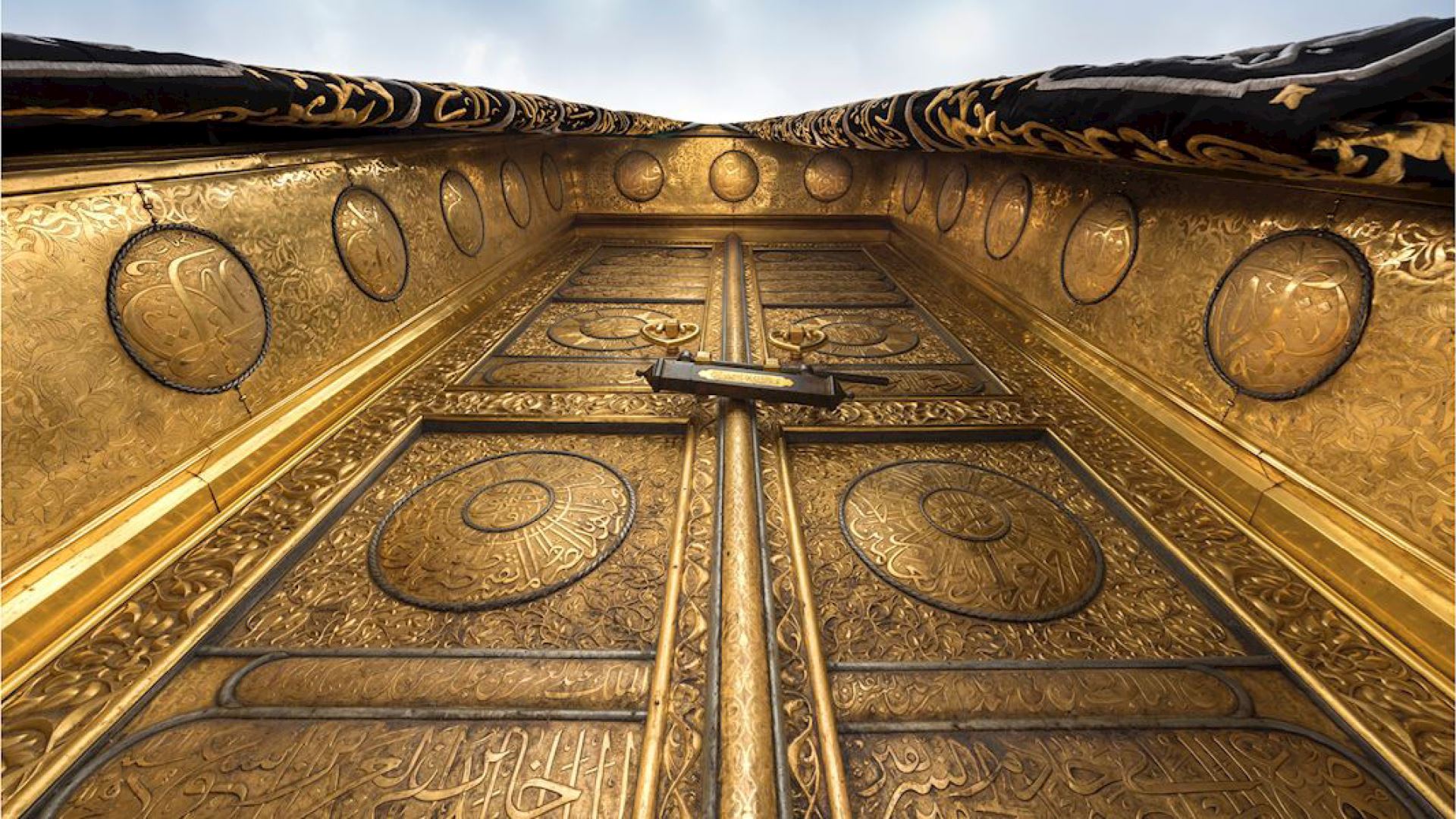
Before the Muslims entered Makkah, the Prophet (saw) informed Abu Sufyan that anyone who took refuge in their homes or in the Sacred Masjid would be safe. The city was conquered without any bloodshed, and the sanctity of the Ka’bah was honoured.
The Prophet (saw) then addressed the very people who had oppressed and slandered him and who persecuted and killed his companions. He asked them what they thought he would do with them, to which they replied, ‘You are our noble brother, son of our noble brother! We expect nothing but goodness from you.’
The Prophet (saw) said, ‘I say to you as Yusuf (Joseph) said to his brothers, “No blame upon you today. Allah will forgive you, for He is the Most Merciful of the merciful.”’ [The Noble Qur’an, 12:92]
In another narration, the Prophet (saw) said to them, ‘Go, you are free.’
The Prophet (saw) even forgave Hind bint Utbah who had conspired to kill his beloved uncle Hamzah (ra) at the Battle of Uhud.
The Conquest of Makkah was a day of mercy and forgiveness. The people all embraced Islam.
6. After hardship comes ease
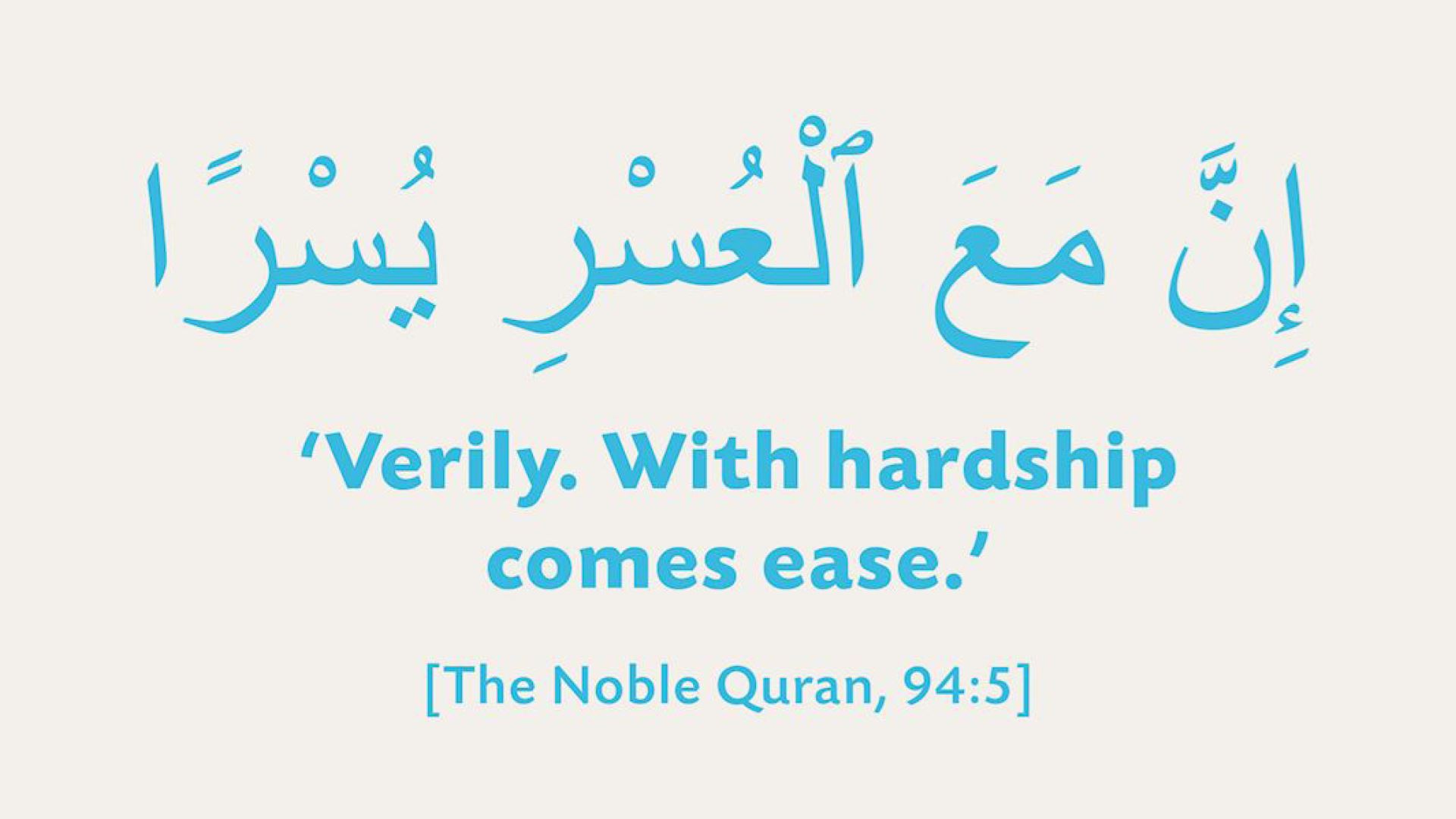
After years of persecution in Makkah, numerous battles against the Quraysh, and countless other difficulties, Allah finally brought ease to the Prophet (saw). When he was turned out of his own home, the Prophet (saw) looked back with longing before making his way to Madinah saying,
‘How sweet of a land you are, and how beloved you are to me! If it were not that my people expelled me from you, I would not have lived in other than you.’ [Tirmidhi]
Eight years later, Allah rewarded the long struggle to spread the message of Islam with a beautiful return to his home. This return marked the end of polytheism in the House of Allah and the turn of the tide for the Muslims. It wasn’t long before people began to accept Islam in large numbers.
Allah revealed Surah An-Nasr, a short but powerful chapter, with verses about the Conquest of Makkah:
‘When the victory of Allah has come and the conquest, And you see the people entering into the religion of Allah in multitudes, then exalt [Him] with praise of your Lord and ask forgiveness of Him. Indeed, He is ever Accepting of repentance.’ [The Noble Qur’an, 110:1-3]
Patience and forbearance go a long way. The Conquest of Makkah is an inspirational example of how relying on Allah and remaining steadfast will only bring great success. Allah says in Surah Al-A’raf, ‘And the [best] outcome is for the righteous.’ [The Noble Qur’an 1:128]





